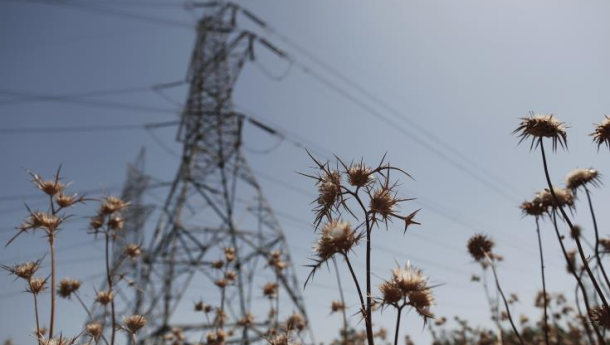
The upgrade of the existing electric grid, the installation of energy storage systems and cross-border interconnectivity are keys to achieve climate targets of 2030 and 2050, experts said in the third plenary session of the 7th International Conference on Renewable Energy Sources and Energy Efficiency - Energy Security, taking place from Thursday to Saturday in Nicosia.
The Permanent Secretary of the Ministry of Energy, Commerce and Industry, Marios Panayides described where Cyprus is at the moment regarding achieving its climate targets and what actions the Ministry takes in order to come closer to them.
He said that Cyprus has achieved nearly all its intermediate targets for renewable energy and energy efficiency. Specifically, in 2021, the share or RES in total final energy consumption reached 18.42%, surpassing national trajectory. Furthermore, electricity production from RES increased by 20% compared to 2020, primarily due to the substantial number of new photovoltaics (PVs) installations for self-consumption and commercial production.
Regarding the reforms promoted by the Ministry, Panayides spoke of the highly successful support scheme for the production of electricity from RES for self-consumption, referring to the financial support scheme for installation of PVs with energy efficiency measures and the support scheme for energy efficiency upgrade of households for vulnerable consumers, while also referring to the new support scheme under preparation, "PVs for all".
He also referred to the establishment of a digital one-stop shop to provide guidance throughout the licensing process and act as a single point of contact for applicants for RES projects.
Regarding hydrocarbons, he said that the development of an internal gas pipe network and investments in the electricity transmission system for 2023-2032 will have an estimated total budget of €231 million.
He also referred to the EastMed project, a pipeline connecting Eastern Mediterranean to Greece, via Cyprus and Crete and to the Euroasia Interconnector for electricity connectivity between Cyprus and Crete, planned to operate by 2029, while exploring other interconnecting possibilities in the region.
Venizelos Efthymiou, Chairman of the Research Centre FOSS, of the University of Cyprus, focused on the advantages of energy storage technologies for grid integration of RES. He noted a shift from the current centralised energy system to a more locally generated.
He noted that there are areas that even with today’s technology and prices, using PVs with storage is already competitive compared to other technologies, considering capital investment and operational costs.
Regarding battery life duration, he said that, if used prudently, according to manufacturers’ instructions, with today’s technology batteries’ lifetime goes up to 20 years.
He also said that electric mobility goes hand-in-hand with storage, noting that in 2-3 years, the life cost of a family EV will be equal to a petrol vehicle.
Asked about what Cyprus’ priorities should be, he said that "PVs for all", coupled with a prudent use of storage is the highest priority. Distributed energy production takes away overcapacity and grid problems. The second priority is the grid update and digitalisation, he added.
Concluding, he noted that with today’s efficiencies, it is possible to achieve 30% of Cyprus’ needs in RES from roof-installed PVs and the rest can be delivered with using less than 1% of land.
On his part, Charles Ellinas, CEO eCNHC, focused on the necessity to upgrade the grid, while also speaking about the need for energy storage and interconnections.
He said that there can be no green future for Europe without an updated grid.
Cyprus’ transmission lines were built in 1953 and the grid remains old and outdated, he said, underlining the need to upgrade and digitalise the grid.
Furthermore, he noted that lack of batteries and interconnection brings a bottleneck to the production of RES, delaying energy transition. “Transition to green energy can only go so far if the necessary infrastructure is not into place,” he said.
He highlighted the need to move from planning to action, stressing the importance of open, transparent biddings in big infrastructure projects and speed processes.
He said that Cyprus has huge potential for RES that can even exceed 2030 targets, provided the above-mentioned problems are resolved, and he noted the need to move faster.
George Partasides, on behalf of the Ministry of Energy, said that Cyprus has been a leader in solar water heaters. He noted that Cyprus is first to solar energy on roof tops, if PVs and solar water heaters combined are taken into account.
He also noted that it’s not enough for the Ministry to announce support schemes. The Industry needs to drive the transition and give its plans to the government. He noted that, after contacting interviews, Cyprus’ enterprises do not seem to think and plan long-term.
Regarding the Euroasia interconnector’s significance, he said that it’s the only way for Cyprus to be an energy exporter, while its cost is only a fraction of what storage would cost. He added that RES penetration is going to be doubled, having the interconnector. “Energy efficiency can go up to a level, RES can make you self-sufficient and to become an exporter,” he said.
Constantinos Rouvas, from Electricity Authority of Cyprus (EAC), noted that energy policy should be effective and efficient, minimising cost.
He noted that renewable energy will be the main engine of the transition and highlighted the need for energy storage systems as well.
Digitisation of the grid is also important, he said, noting that smart meters are important to build further policy. “You can’t control what you can’t measure”, he said.
He expressed his doubts regarding the interconnection of Cyprus, noting that it is technically challenging and expensive.
He concluded that it is possible to achieve decarbonisation by 2050, noting that electricity demand will double by then. He said that 9% of GDP needs to be invested in green transition in for the next years to achieve 2030 and 2050 goals.
Akis Ellinas, President of Cyprus Association of Wind Energy said that flexible government policies are needed regarding licensing. He said that there is not much space available in regards to land in Cyprus, noting that the Ministry of Interior has stopped government land leasing requests for RES.
He noted the need to upgrade the grid as well, noting that there is no meaning of building other projects otherwise.
He expressed his hope that the One-stop shop the Ministry of Energy has introduced will resolve issues.
Moreover, he said that conventional plants need to coexist with RES to support as a back-up and stabiliser to the system.


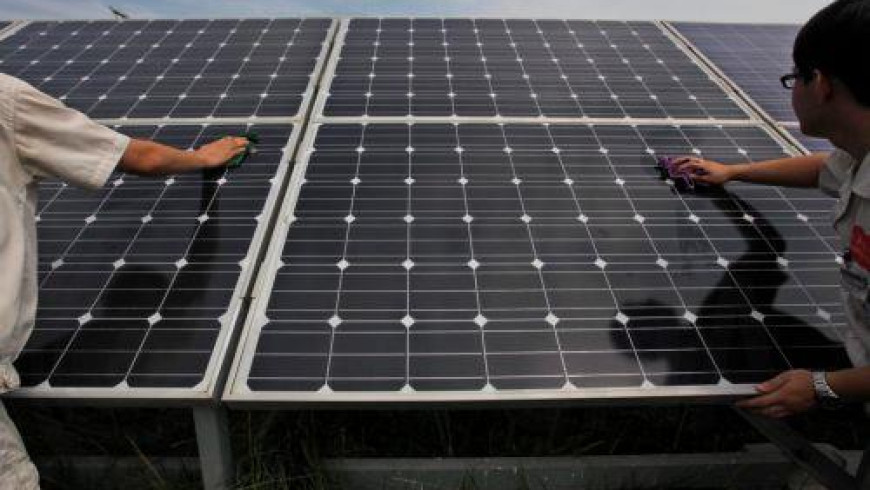

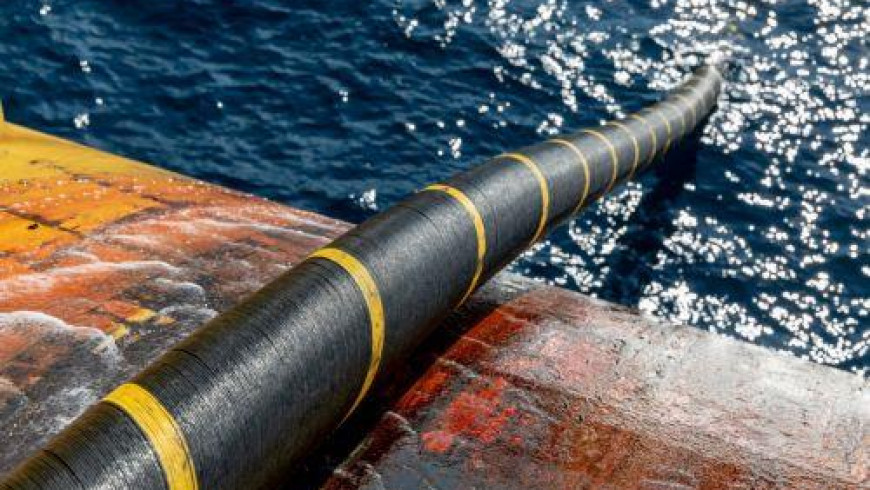
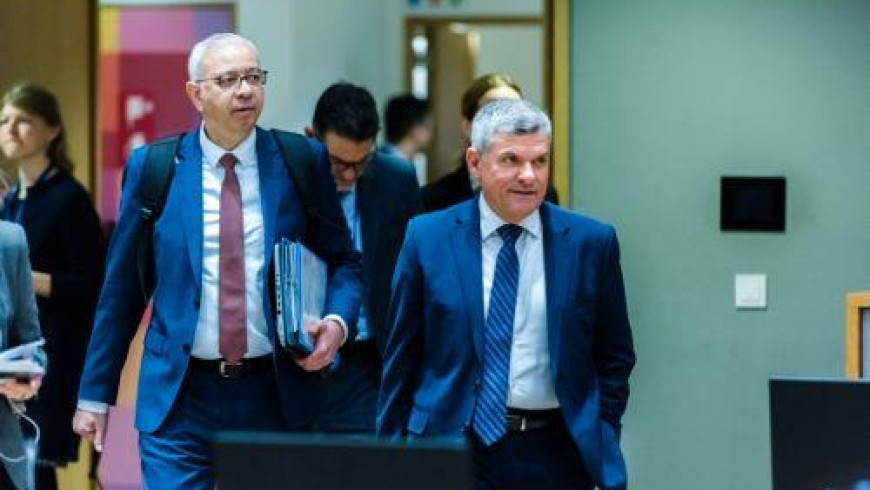
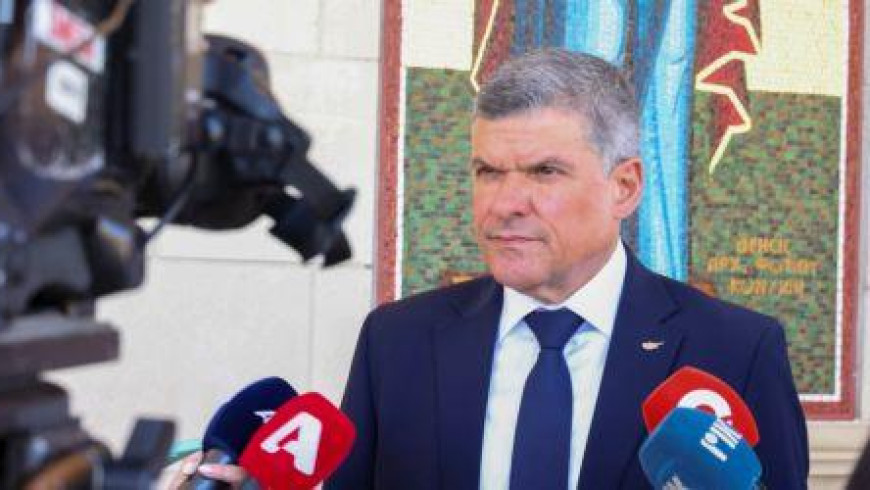
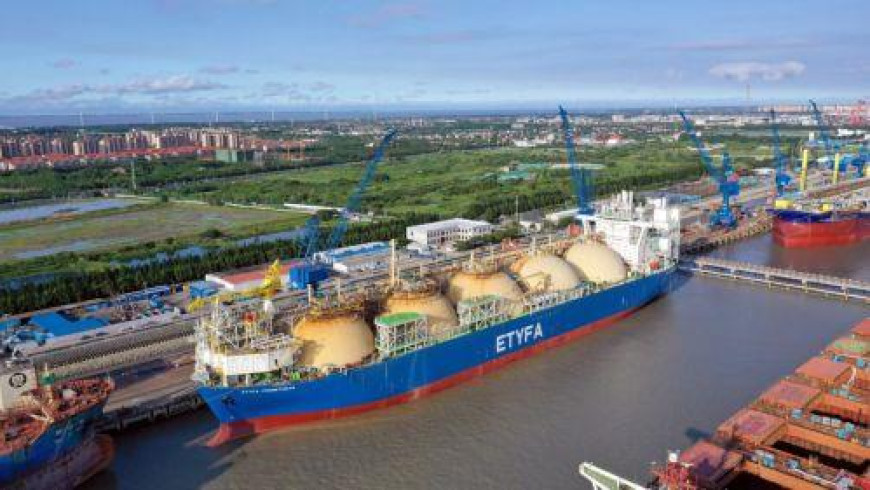
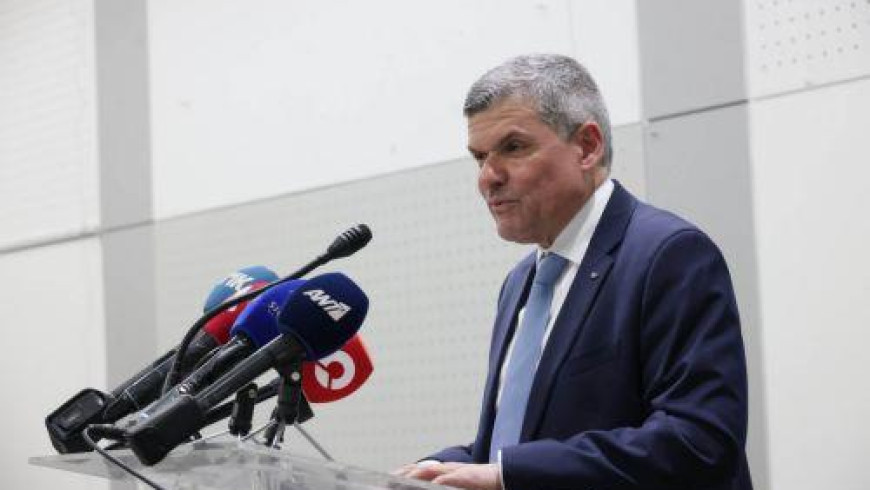




 3287.99
3287.99 1275.09
1275.09
